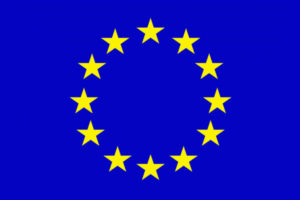We and Those Closest to Us May Soon Become Passive Victims of an Invisible War.
You might wonder why I pair personal family history with a drama of the millions of passive victims of unnecessary deaths. There are two reasons. First of all, the mechanism that unleashed the nightmare of the war and the contemporary death of millions is the same mechanism, that permits parents to allow others to do harm to their own child. The mechanism is passing the responsibility for the health of their child, or the security of their country, or personal future, to others: doctors, politicians, managers, etc. This is losing agency or in other words, the possibility to execute our free will the distinctive feature of human beings. We call this “agency” because it means being agents, or actors rather than viewers or witnesses of what is happening to us. Our passiveness leads to concrete physical consequences like we can see in the above numbers. We are the ones who suffer in a very concrete way.
The second reason why personal drama is linked with the big numbers is related to our ability to make proper choices. Choosing appropriate goals for our lives requires understanding the world, both on individual and global levels. As parents, we did not understand the mechanisms of allergic reactions or curing symptoms rather than causes of illnesses. We also did not understand the logic of profit oriented producers of pharmaceuticals. Germans, and the world, probably did not understand the mechanisms behind the Nazis’ rise to power. They did not know who sponsored them financially and why. They were not aware what choices they were making when they were voting for National Socialist Democratic Party (NSDAP) in free elections allowing Adolf Hitler to become chancellor in 1933.¹
| PREVIOUS | NEXT | ||
| Invisible wars |
Footnotes
¹ From 1933-34, NSDAP was sponsored by the chemical conglomerate I. G. Farben with the sum of 84.2 million German marks (equivalent $365 million US dollars today). If you want to learn more about the company, take a look at I. G. Farben or listen to interviews and programs with controversial Dr. Matthias Rath.








 The participation in this project is free because it is financed by a grant of the European Union -
The participation in this project is free because it is financed by a grant of the European Union - 